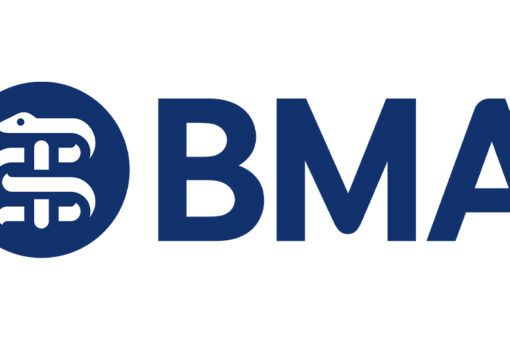Doctors again back BMA neutrality

Last week attendees at the British Medical Association (BMA)’s annual meeting rejected a motion tabled by opponents of assisted dying. The motion would have led to the BMA’s Board of Science looking at the impact of assisted dying in Canada, but was criticised for being too narrow in scope and an attempt to undermine the BMA’s neutral policy, which it adopted in 2021.
287 Motion by LONDON REGIONAL COUNCIL: That this meeting calls on the BMA board of science to investigate how the legalisation of Medical Assistance in Dying (MAiD) has impacted health inequality, suicide prevention and provision of palliative care in Canada.
Prior the debate, the National Secular Society had raised concerns that in previous BMA debates on this issue some speakers with links to faith groups that are actively trying to block assisted dying legislation had not fully declared their interests. This year the CEO of the Christian Medical Fellowship was seen distributing leaflets to attendees as they entered the meeting and the only speakers for the motion were from the group ‘Our Duty of Care’, which is administered and financed by the predominantly faith-based alliance Care Not Killing. The proposer of the motion, Dr David Randall, was behind the failed legal challenge that tried to prevent the Royal College of Physicians moving to a neutral policy on assisted dying in 2019, a case that was backed by Alliance Defending Freedom (ADF) International, a conservative Christian lobbying organisation that has been described as an ‘anti-LGBT hate group’.
Dr Randall painted an inaccurate picture of how assisted dying is working in Canada, making unsubstantiated assertions about why people are accessing the law and its impact on palliative care. The latest federal report in fact suggests that the use of palliative care in Canada has increased by almost 10% in the past 5 years. Dr Randall’s claims are also contradicted by a special report published last week in the Journal of Palliative Medicine, which concludes that there’s no evidence to suggest inequalities are driving people to assisted dying in Canada or elsewhere. Data actually shows being in a potentially vulnerable population makes people less likely to access assisted dying and legislation offers better protection by putting in place clear regulation and oversight. The report cautions against sensationalist media coverage, highlighting one case where the patient concerned said his story had been ‘hijacked by the right trying to spin it into their own agenda’.
Given the misinformation presented by those who spoke for the motion it is no surprise that those present at the meeting had little appetite to bend to their will and commission the work they requested, which the BMA Treasurer also noted risked duplicating the efforts of other BMA committees. The motion was rejected 57% to 34% with a number of abstentions.
The outcome of the debate is yet another vote of confidence in the BMA’s neutrality, which has given the BMA a voice in the assisted dying debate in recent years. Earlier this year the BMA submitted evidence to the Health and Social Care Select Committee’s inquiry on assisted dying. The submission stated the BMA was currently considering issues in the debate which would impact doctors and stressed the need to examine practice overseas. It also included the expectation that the BMA will be ‘consulted, and involved in discussions’ if law change becomes likely. Contrast this with what the BMA told parliamentarians in 2014, when it was opposed to law change; a briefing on Lord Falconer’s Assisted Dying Bill said ‘for reasons of inconsistency with BMA policy it would be inappropriate to engage with the detailed proposals’.
Doctors within the BMA have had to fight for this constructive, representative, neutral policy. Dignity in Dying board member, Dr Jacky Davis, has been central to these efforts and Dignity in Dying supporters have held the BMA to account to ensure debates are fair and evidence-based.
At every step along the way a vocal minority has resisted change:
- In 2019, they argued the BMA should not survey its members to find out what they think about assisted dying.
- In 2021, when the survey found more doctors support law change than oppose it, they argued the BMA should ignore the results.
- In 2022, they tried to drag the BMA back into an undemocratic stance of opposition.
It’s clear the actions of this vocal minority have served only their own agendas and not the best-interests of the BMA, its members or the people they care for.
This latest vote is an indication that doctors campaigning against assisted dying are more out of touch with their colleagues than ever.